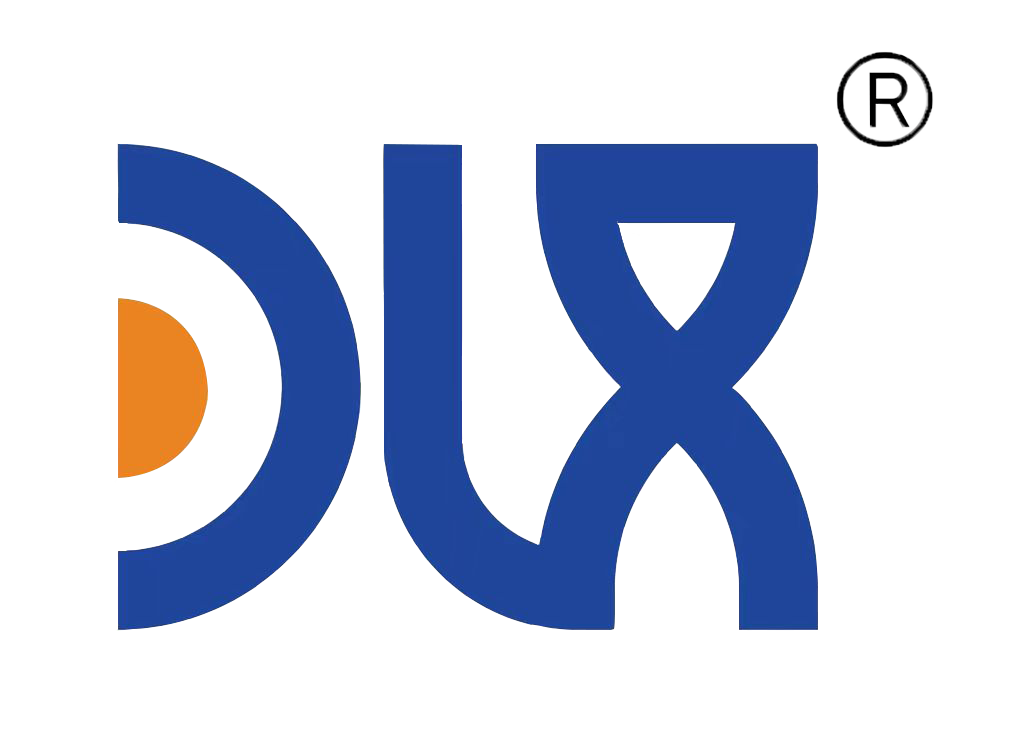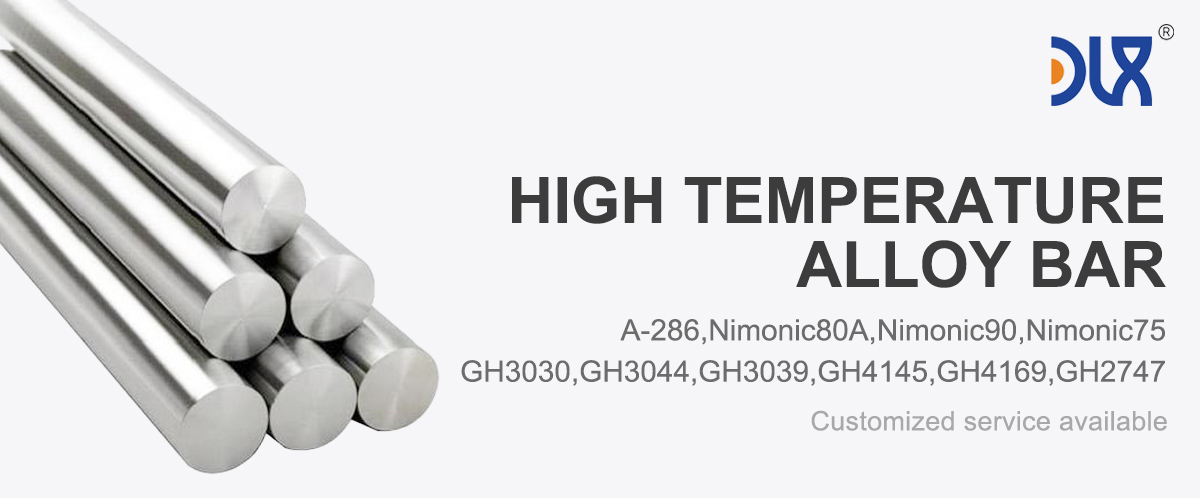
Our GH1140 nickel alloy bar is built to tackle the toughest high-temperature electrical systems. This nickel-chromium-iron alloy, with carefully selected additives, thrives in environments up to 1000°C (1832°F), making it a go-to for heating elements, furnace components, and aerospace electrical parts. Its standout features? Exceptional thermal stability, creep resistance, and top-tier oxidation resistance, ensuring your components keep performing under intense heat and corrosive conditions.
For more details, pls directly contact us.
We craft GH1140 with precision, using solution treatment to make it easier to work with and age-hardening to boost its strength and durability. Whether you’re designing industrial furnaces or high-performance aerospace systems, our GH1140 bars deliver consistent quality and reliability. They’re engineered to meet the demands of extreme environments, giving you peace of mind for your most critical applications.
Comparison Table
|
Parameter |
GH1140 Nickel Alloy Bar |
Competitor Alloy |
|---|---|---|
|
Max Operating Temperature |
Up to 1000°C (1832°F) |
Up to 900°C (1652°F) |
|
Oxidation Resistance |
Excellent, with Cr content |
Good |
|
Creep Resistance |
High, due to alloy design |
Moderate |
|
Tensile Strength |
Strong at high temperatures |
Moderate |
|
Machinability |
Moderate, needs specialized tools |
Easier |
|
Corrosion Resistance |
Superior in harsh conditions |
Good |
|
Applications |
Heating elements, furnace parts |
General high-temp parts |
|
Cost Efficiency |
Competitive for performance |
Lower initial cost |
The nickel alloy market is on fire, fueled by growing demand in aerospace, industrial heating, and power generation. As industries push for higher efficiency—think hotter furnaces or more robust electrical systems—materials like GH1140 are stealing the spotlight. The global market for high-temperature alloys is set to grow steadily, driven by advancements in aerospace and the shift toward cleaner, more efficient energy systems. Industrial heating systems, in particular, are leaning on alloys that can handle extreme temperatures without breaking down.
Emerging trends like additive manufacturing are opening new doors for producing complex alloy parts, while sustainability efforts are driving smarter material use. Challenges like high machining costs and the need for specialized tools remain, but the demand for durable, heat-resistant alloys in electrical systems keeps the market strong. GH1140 is perfectly positioned to meet these needs, offering a balance of performance and reliability.
|
Item |
Nimonic80A |
Nimonic 90 |
GH1140 |
GH3625 |
GH3536 |
GH4169 |
|
|
C |
≤0.08 |
≤0.1 |
≤0.13 |
0.06-0.12 |
≤0.1 |
0.05-0.15 |
≤0.08 |
|
Mn |
≤2 |
≤1 |
≤1 |
≤0.7 |
3.14-4.15 |
-- |
≤0.35 |
|
Fe |
rest |
≤3 |
≤1.5 |
rest |
≤0.5 |
-- |
rest |
|
P |
≤0.04 |
≤0.02 |
-- |
≤0.025 |
-- |
-- |
-- |
|
S |
≤0.03 |
≤0.015 |
≤0.015 |
≤0.015 |
-- |
-- |
≤0.01 |
|
Si |
≤1 |
≤1 |
≤1 |
≤0.8 |
-- |
-- |
≤0.35 |
|
Cu |
-- |
-- |
≤0.2 |
-- |
-- |
-- |
≤0.3 |
|
Ni |
24-27 |
rest |
-- |
35-40 |
rest |
rest |
50-55 |
|
Co |
-- |
≤2 |
15-21 |
-- |
≤1.00 |
0.5-2.5 |
≤1.00 |
|
Al |
≤0.35 |
1-1.8 |
1-2 |
0.2-0.6 |
≤0.4 |
≤0.5 |
0.2-0.8 |
|
Ti |
1.9-2.35 |
1.8-2.7 |
2-3 |
0.7-1.2 |
≤0.4 |
≤0.15 |
0.7-1.15 |
|
Cr |
13.5-16 |
18-21 |
18-21 |
20-23 |
20-23 |
20.5-23 |
17-21 |
|
Nb |
-- |
-- |
-- |
-- |
-- |
-- |
4.75-5.5 |
|
Mo |
1-1.5 |
-- |
-- |
2-2.5 |
8-10 |
8-10 |
2.8-3.3 |
|
B |
0.001-0.1 |
≤0.008 |
≤0.02 |
-- |
-- |
-- |
-- |
|
V |
0.1-0.5 |
-- |
-- |
-- |
-- |
-- |
-- |
|
W |
-- |
-- |
-- |
1.4-1.8 |
-- |
0.2-1 |
-- |
|
Zr |
-- |
≤0.15 |
≤0.15 |
-- |
-- |
-- |
-- |
|
Pb |
-- |
-- |
≤0.002 |
-- |
-- |
-- |
-- |
|
Ce |
-- |
-- |
-- |
≤0.05 |
-- |
-- |
-- |
|
Size Range |
|
|
Wire |
0.5-7.5mm |
|
Rod/Bar |
8.0-200mm |
|
Strip |
(0.50-2.5)*(5-180)mm |
|
Tube |
custom made |
| Plate | custom made |
For more details, pls directly contact us.
Our GH1140 nickel alloy bar is a rockstar in high-temperature electrical systems. In aerospace, it’s used for wiring and components that need to withstand intense heat and corrosion. Industrial heating systems rely on it for furnace elements and thermocouples, where its thermal stability shines. Power generation plants use GH1140 in turbines and heat exchangers, thanks to its creep resistance and durability. Even in chemical processing, where corrosive environments are common, GH1140 holds up, making it a versatile choice for critical components.
Company Comparison and Our Advantages
When it comes to high-temperature alloys, our GH1140 nickel alloy bar stands head and shoulders above the rest. While other materials might falter at lower temperatures or struggle with oxidation, our GH1140 keeps going strong up to 1000°C, thanks to its optimized nickel-chromium-iron composition. This means your components last longer, perform better, and require less maintenance, saving you money in the long run.
What sets us apart is our commitment to quality and innovation. We use cutting-edge manufacturing processes to ensure every GH1140 bar meets the highest standards for performance and consistency. Our team works closely with you to tailor solutions for your specific needs, whether it’s for aerospace systems or industrial furnaces. Plus, our pricing is competitive, giving you top-notch performance without the premium price tag. With our GH1140, you’re getting a reliable, high-performing alloy that’s ready to tackle your toughest challenges.
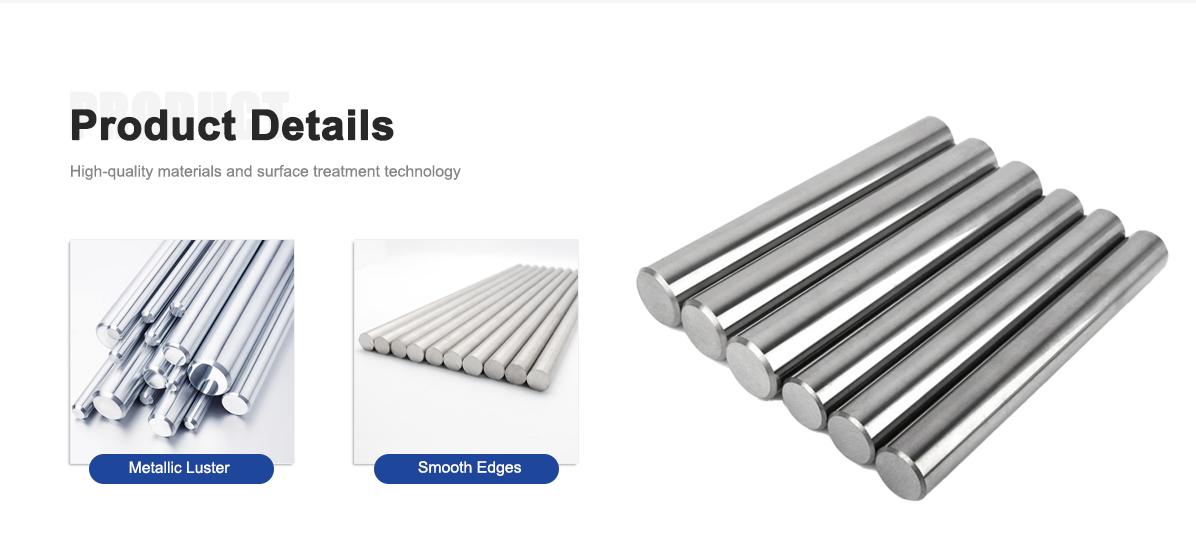
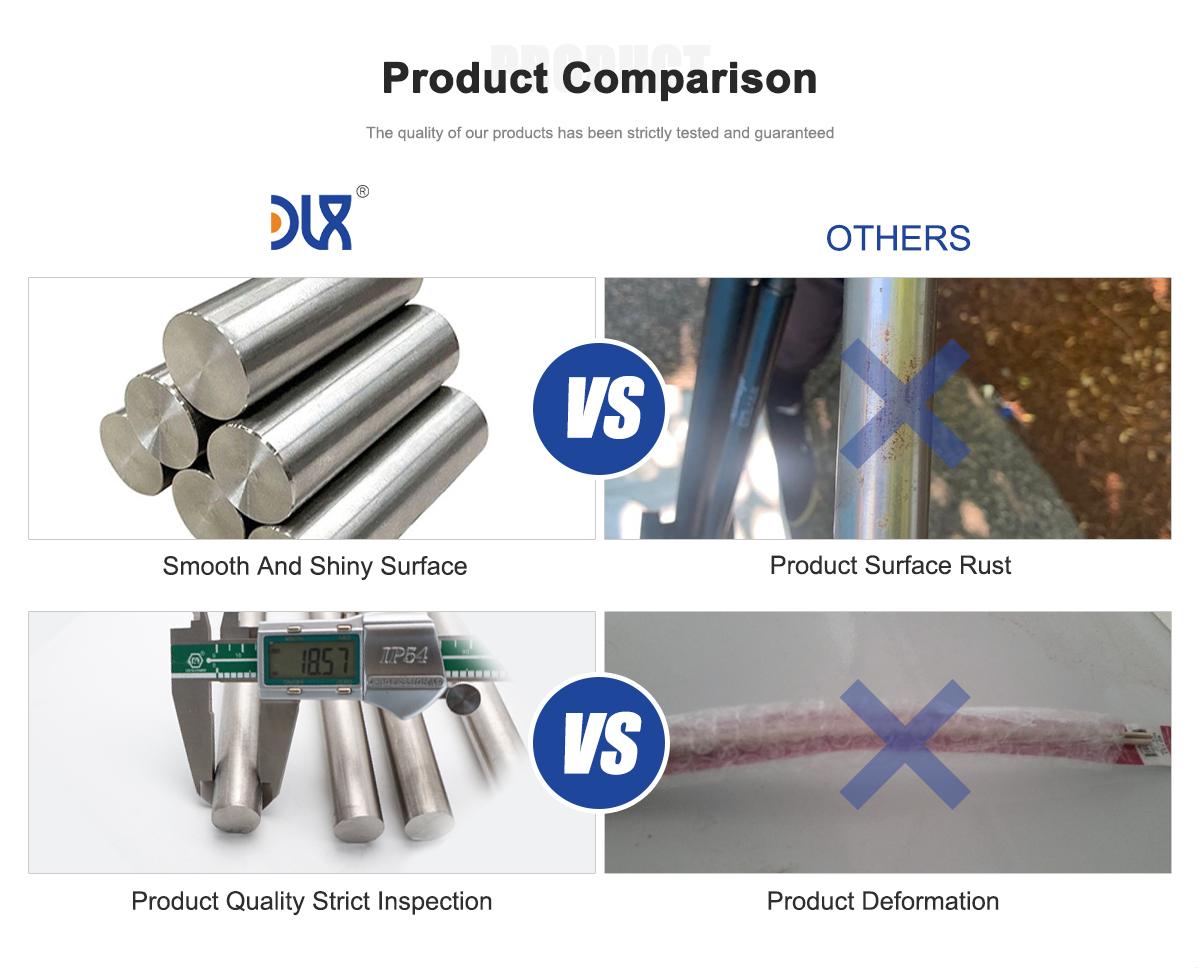
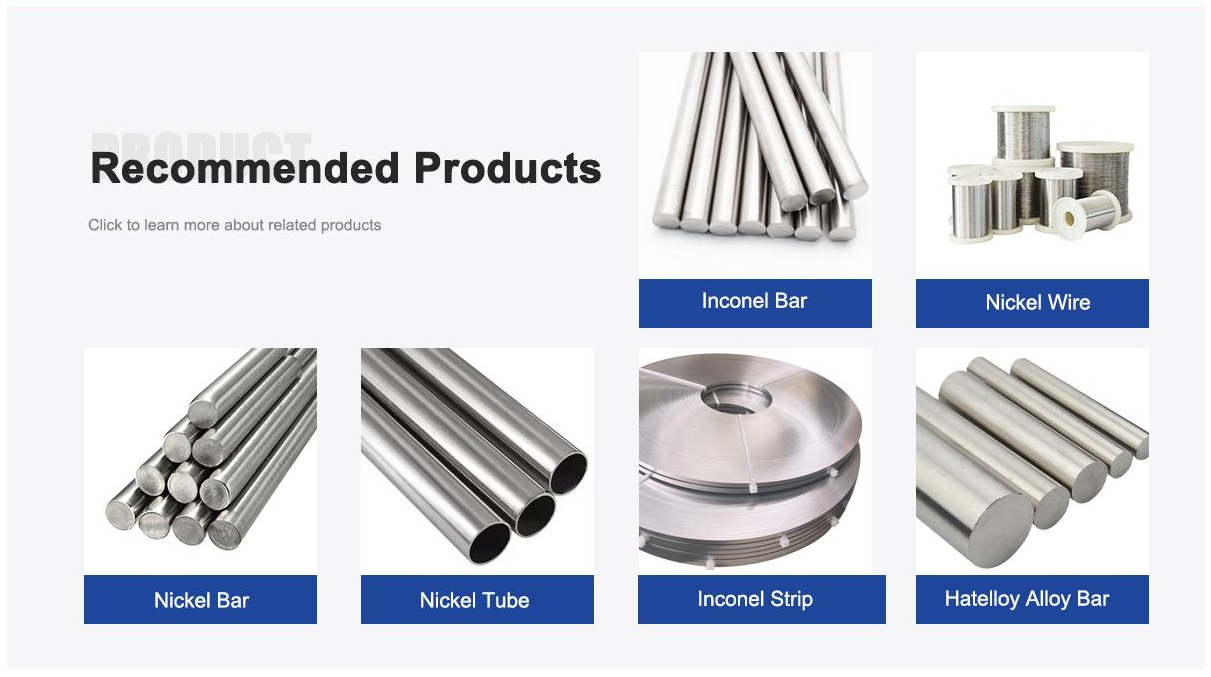
About Us:
Our 12,000㎡ factory is equipped with complete capabilities for research, production, testing, and packaging. We strictly adhere to ISO 9001 standards in our production processes, with an annual output of 1,200 tons. This ensures that we meet both quantity and quality demands. Furthermore, all products undergo rigorous simulated environment testing including high temperature, high pressure, and corrosion tests before being dispatched, ensuring they meet customer specifications.For all our clients, we offer timely and multilingual after-sales support and technical consulting, helping you resolve any issues swiftly and efficiently.
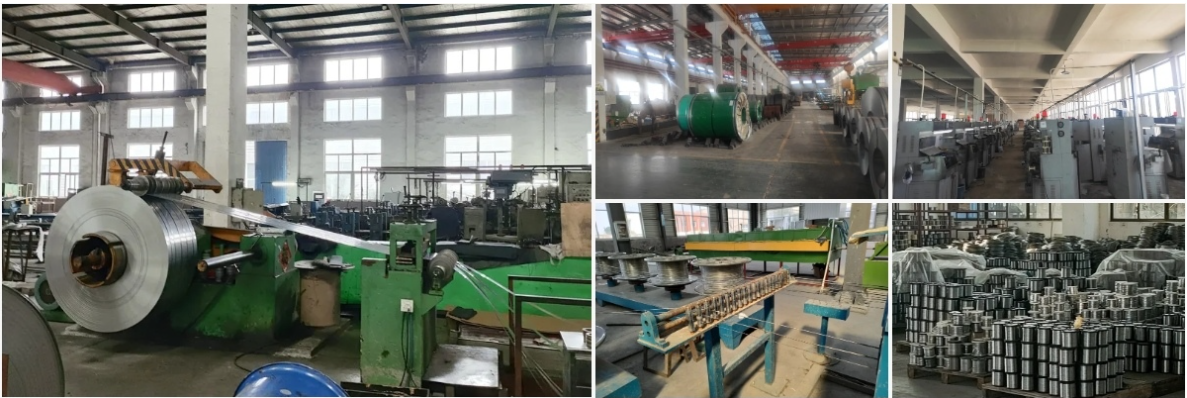
Client Visits
Building Stronger Partnerships
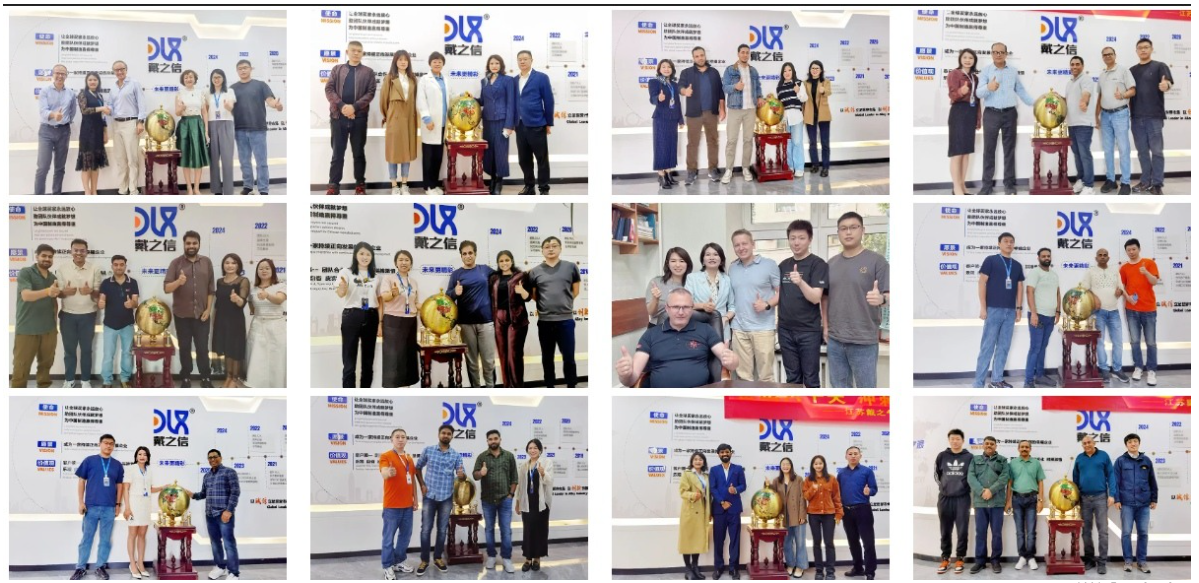
We support all kinds of testing:
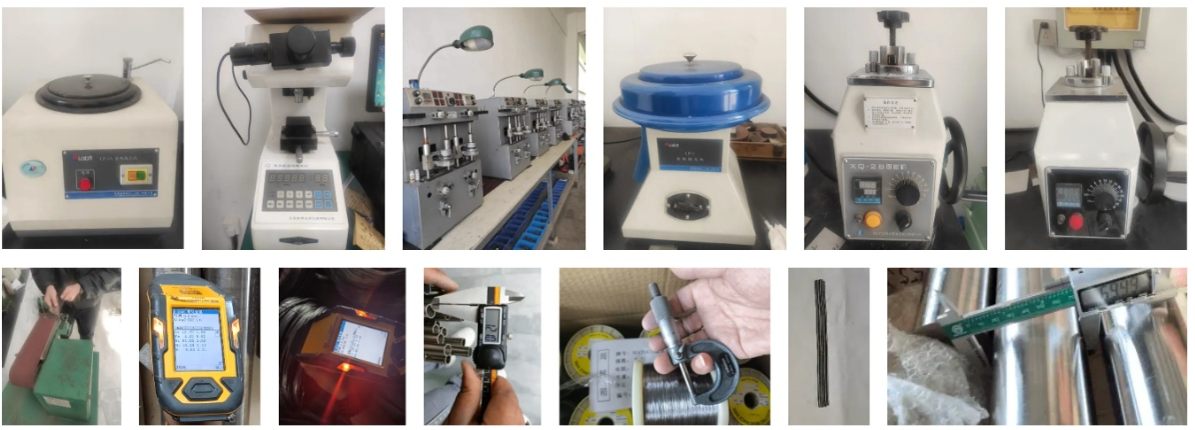

FAQs:
-
What is GH1140 nickel alloy bar used for?
It’s ideal for high-temperature electrical systems, like heating elements, furnace components, and aerospace electrical parts, where heat and corrosion resistance are key. -
How does GH1140 handle extreme temperatures?
Its nickel-chromium base, enhanced with iron and stabilizing elements, maintains strength and stability up to 1000°C (1832°F). -
Is GH1140 resistant to corrosion?
Yes, it offers excellent resistance to oxidation and corrosive environments, making it perfect for harsh industrial settings. -
Which industries use GH1140 nickel alloy bars?
Aerospace, industrial heating, power generation, and chemical processing rely on it for its heat and corrosion resistance. -
Is GH1140 easy to work with for manufacturing?
It’s moderately machinable but requires specialized tools due to its high strength and heat-resistant properties. -
What are the key properties of GH1140?
High thermal stability, excellent creep resistance, and superior oxidation resistance at elevated temperatures. -
How is GH1140 processed for optimal performance?
It’s typically solution-treated and age-hardened to enhance mechanical properties while maintaining workability. -
Why choose GH1140 over other alloys?
It delivers outstanding heat resistance, corrosion protection, and durability, making it a top pick for high-temperature electrical applications.
